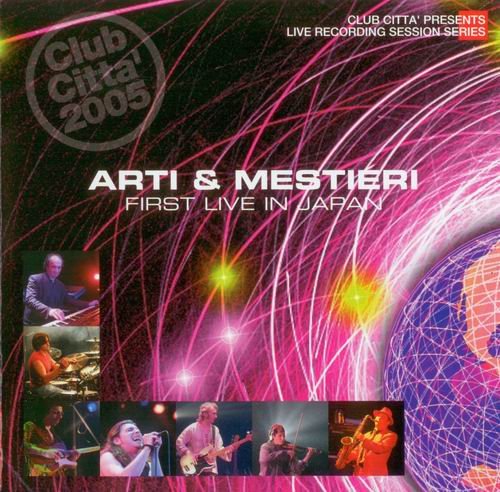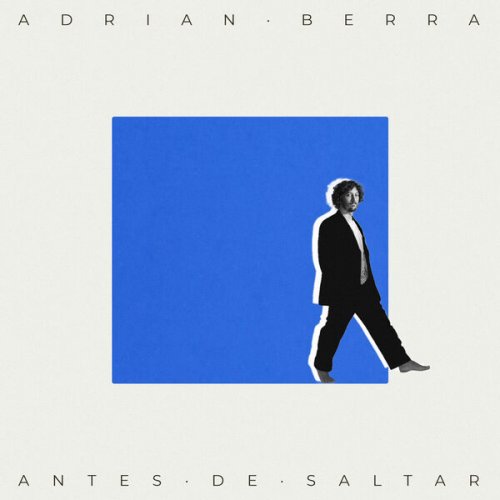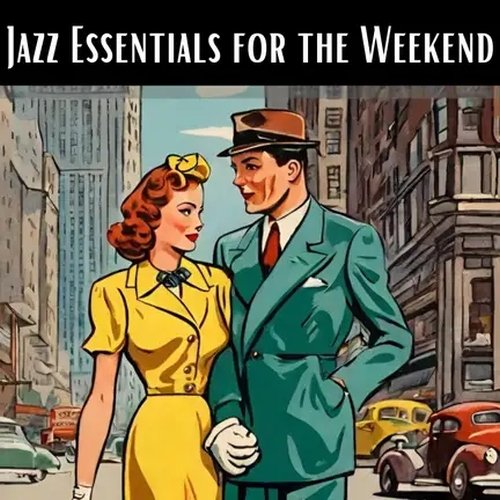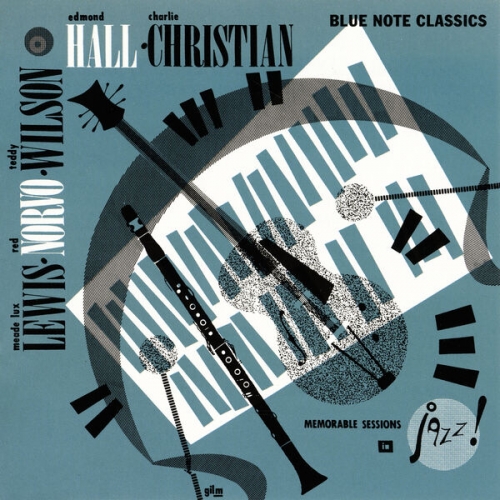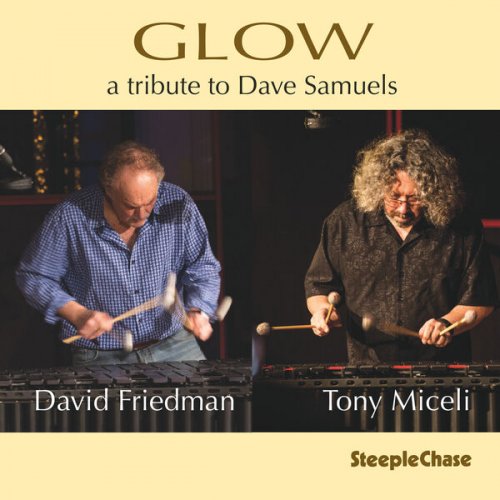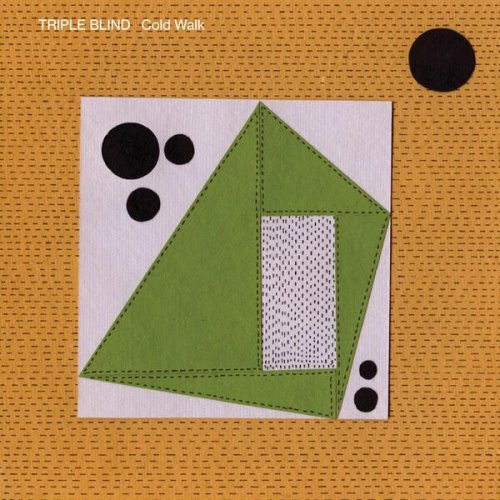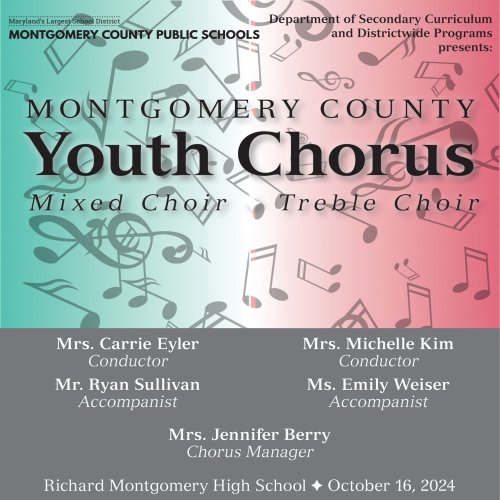David Benoit - Heroes (2008)
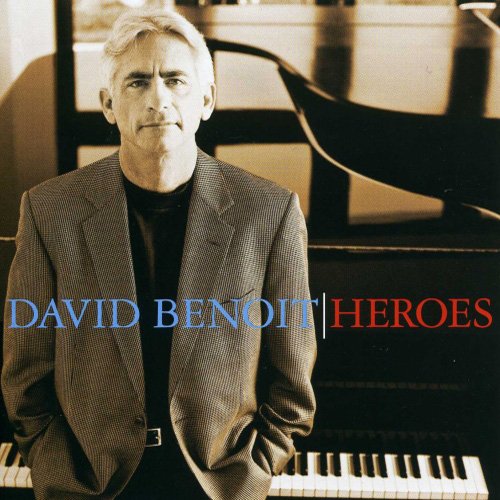
Artist: David Benoit
Title: Heroes
Year Of Release: 2008
Label: Peak Records
Genre: Smooth Jazz
Quality: FLAC (tracks + .cue, log, artwork)
Total Time: 42:55 min
Total Size: 257 MB
WebSite: Album Preview
Tracklist:Title: Heroes
Year Of Release: 2008
Label: Peak Records
Genre: Smooth Jazz
Quality: FLAC (tracks + .cue, log, artwork)
Total Time: 42:55 min
Total Size: 257 MB
WebSite: Album Preview
01. Mountain Dance (4:05)
02. Human Nature (4:13)
03. Your Song (3:49)
04. Light My Fire (4:00)
05. Never Can Say Goodbye (4:19)
06. She's Leaving Home (3:36)
07. Song For My Father (3:23)
08. You Look Good To Me (2:57)
09. Waltz For Debbie (5:03)
10. A Twisted Little Etude (2:30)
11. Blue Rondo a la Turk (5:00)
Contemporary jazz pianist and composer David Benoit has chosen to forgo many of the tropes and methods of working he's employed for the past 30 years on Heroes. Simply put, this is a tribute record to a select group of musicians who have inspired him and shown him a way forward. Before getting to the music, it's worth noting that in his brief liner essay, Benoit spells out that this is by no means a complete list, and points to those he left off for justifiable reasons, which is a nice touch. The music he has chosen stays well within the parameters of contemporary jazz, but lends a deeper focus to Benoit's approach in general. How many recordings are there where you will see tunes by the Doors placed next to those by Clifton Davis, Horace Silver, Dave Brubeck, Dave Grusin, pianist Bill Evans, the Beatles, and the teams of John Bettis and Steve Porcaro, as well as Elton John and Bernie Taupin? Benoit offers a single sentence of explication as to why he chose certain cuts here, and all of them ring true -- especially once he plays them. The band is stripped down a bit here. Benoit plays piano and synth, David Hughes plays acoustic and electric bass, Jamey Tate plays drums, and Brad Dutz lends an additional hand on percussion. Andy Suzuki contributes his alto and tenor saxophones in a couple of places and, for the Beatles' "She's Leaving Home," members of the Asia America Symphony's string section help out. The basic trio/quartet size works wonderfully for most of these tunes, and Benoit isn't looking to displace his audience here. The recording opens with the pop-jazz area of Grusin's musical background with the wonderfully articulate "Mountain Dance," followed by the Bettis-Porcaro classic "Human Nature": tracks that exemplify the contemporary jazz genre. The former is played straight on an acoustic piano, and the latter is on piano and synth. They are effective, emotional, and deeply resonant readings of these tunes. From here he delves into the popular vernacular. Elton John's "Your Song" swings a bit but doesn't quite make the transition from pop to jazz. The arrangement feels a little stilted, but it's enjoyable. "Light My Fire" does make the transition, and in spades. The understated, nuanced attention Benoit pays to the melody; his left hand adding a shimmering Latin rhythm, underscored with authority by Dutz's hand percussion, adds depth and presence. It's also hip that Benoit quotes from other Doors' tunes in the solo. It's hard to mess up a tune like "Never Can Say Goodbye," and the lithe, elegant pianism Benoit displays retains the soul and the romance while allowing a graceful and shadowy harmonic palette that brings the softer notions in the lyric line out. Here again, hand drums add some weight to the bottom and keep a light funky edge. "She's Leaving Home," is certainly lush, but it too suffers a bit from an overly taut arrangement. The last five tunes -- including one original -- are from the jazz book, beginning with the standard "Song for My Father." Benoit claims this was the first jazz tune he ever learned by ear. It's played funky and tight, and its groove is in the pocket. The crystalline piano is a bit jarring, but the execution and feel are flawless. The standard "You Looks So Good to Me" is included as a tribute to Oscar Peterson. It holds little of his fire, and feels like an elegy, but it's an interesting reading and swings once it gets going. The longest tune here is Bill Evans' "Waltz for Debbie." Benoit is well-suited to the knotty melodic elements in Evans' composing style, but doesn't make the same harmonic reaches. Instead, he chooses an almost classical approach in the intro to the tune, but somehow it works beautifully, so when it breaks into the main body, Benoit's got his groove and it pops. "A Twisted Little Etude" was self-penned as a tribute to Brubeck, though it uses the gnarly chord voicings and dense harmonics of the object as a way of saying "thanks." The final cut is, of course, "Blue Rondo à la Turk," by Brubeck. It's very fast, and Suzuki's edgy alto feels out of place -- not because he doesn't have the blues down, but because his sound is too raw to suit the arrangement properly -- especially when recalls Paul Desmond's dry, warm playing on the original. These are small complaints, however, and Benoit has made a record that is close to his heart and is a welcome addition to his catalog: it's a musically sophisticated offering that is a real pleasure to listen to. ~ Thom Jurek
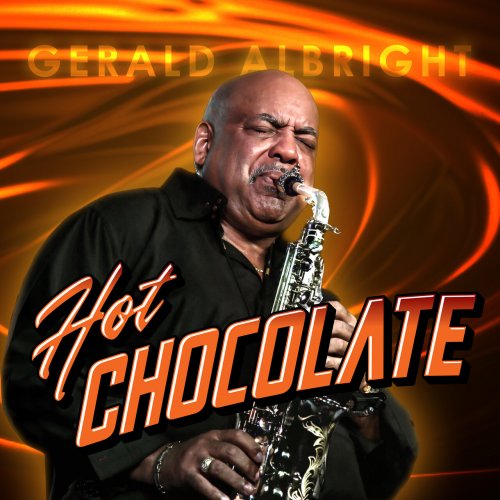
![Mammal Hands - Circadia (2026) [Hi-Res] Mammal Hands - Circadia (2026) [Hi-Res]](https://www.dibpic.com/uploads/posts/2026-02/1771945393_folder.jpg)
